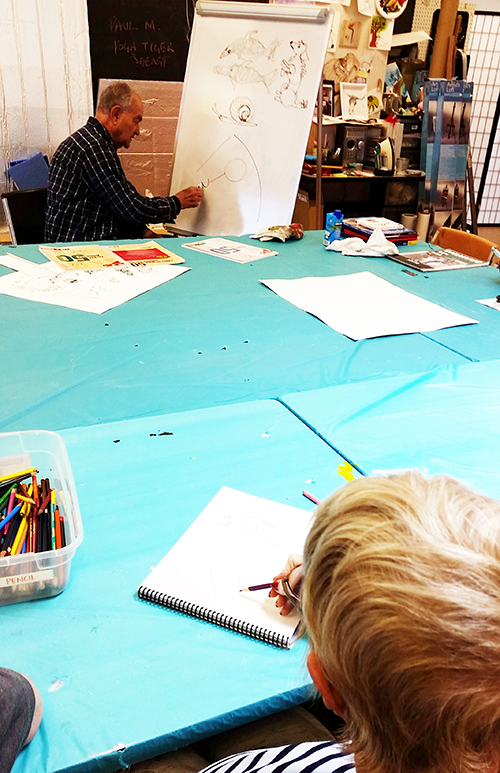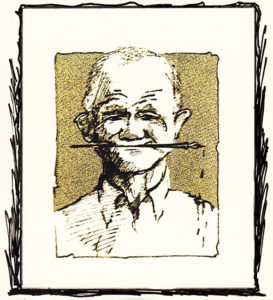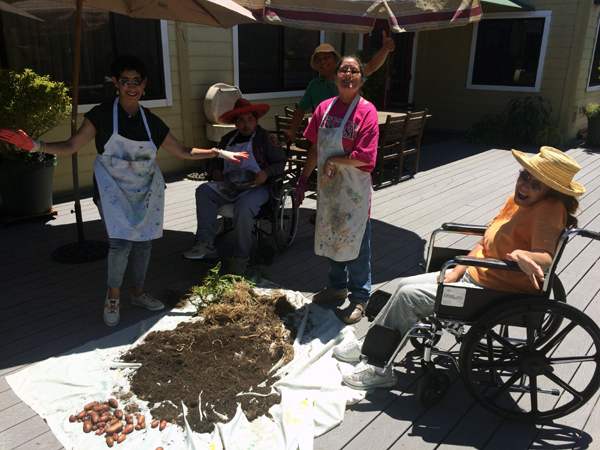ummer is almost here! School will be out soon and people everywhere will be enjoying vacations and outdoor recreation. Summer is also known as “trauma season” in the healthcare world due to the number of injuries that can happen during summertime activities. While this is true, there are easy things we can do to help reduce the risk of brain injury.
Here are just a few quick tips to help keep your loved ones safe while you enjoy some fun in the summer sun!
Wear a helmet.
Wear a properly fitted helmet when bicycling or engaging in any recreational activity that may result in a head injury. Although there is no “concussion-proof” helmet, a helmet is a must to help reduce the risk of a serious brain injury. After an accident, replace your helmet because it may not be as protective as it was prior to the accident. Visit the CDC’s web site for more helmet safety tips here.
Wear water safety gear and master water safety.
Whether in a pool or the ocean, wearing the appropriate water safety gear, like a life jacket, is critical to preventing injury. Make sure safety gear is well-fitted, worn correctly, and well-maintained. Always supervise children when in or around water. To reduce fall risk, discourage running near or around pools where the ground might be slippery with water. Teach kids to swim. Formal lessons can protect young children from drowning. Learn cardiopulmonary resuscitation (CPR). Your skills could save someone’s life! Get more “H2O Smart” Tips on the CDC’s web site here.
Ensure your home and backyard are safe.
Falls are a leading cause of concussion for both the young and the elderly. To reduce the risk of falls, ensure your home is well-lit and free of tripping hazards, such as electrical cords across walkways, loose rugs, or scattered toys. Consider blocking off stairways with safety gates and installing window guards. Check that outside play equipment is appropriate to the age of the children using it and that it has guardrails to prevent falls as well a soft material underneath, such as mulch or sand.
Be safe behind the wheel.
When you head out on your summer road trip, buckle up with a seatbelt and use age- and size-appropriate car seats that are properly installed for child passengers. The research is clear – belted passengers sustain fewer and less severe traumatic brain injuries compared to those who are unbelted. Find more child passenger safety here.
Be familiar with your surroundings.
When doing outdoor activities, like hiking, or engaging in any high risk sports or motor activities, make sure you are aware of the terrain you are about to encounter as well as your ability to navigate the terrain. Know the depth of water prior to diving into a pool or natural body of water. Always ensure a loved one knows exactly where you are and how to find you. Concussion can occur quickly and cause disorientation that can make it difficult to let others know you are in need of help.
Know the signs of a concussion and get treatment early.
 A concussion is a type of traumatic brain injury (TBI) caused by a bump, blow, or jolt to the head or by a hit to the body that causes the head and brain to move rapidly back and forth. Signs and symptoms generally show up soon after the injury. However, unlike a broken leg, the signs of a concussion are often ‘invisible,’ such as a headache, disorientation, nausea, incoordination, and memory deficits.
A concussion is a type of traumatic brain injury (TBI) caused by a bump, blow, or jolt to the head or by a hit to the body that causes the head and brain to move rapidly back and forth. Signs and symptoms generally show up soon after the injury. However, unlike a broken leg, the signs of a concussion are often ‘invisible,’ such as a headache, disorientation, nausea, incoordination, and memory deficits.
Learn more about the symptoms at ConcussionSmartMarin.org so you can recognize them quickly.




